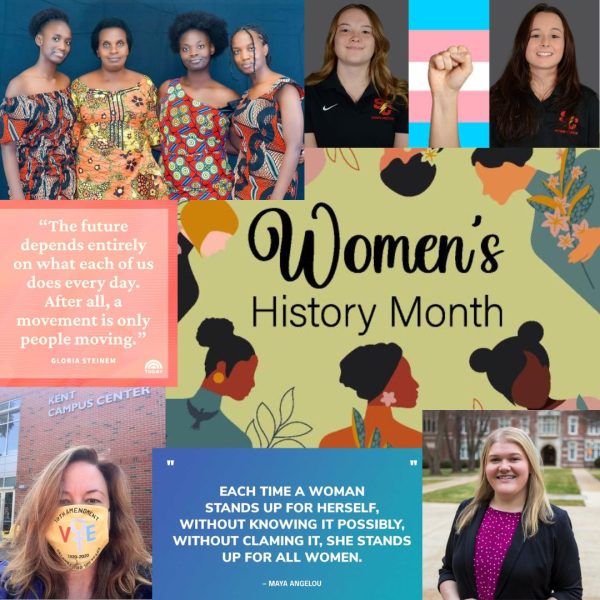Cavanaugh: No way to prepare for earthquake experience
March 10, 2010
I chose to travel to Chile as an opportunity to be a part of a different culture and immerse myself again in the Spanish language.
A friend and fellow Simpson alumna, Jackie Suckow, and I have been living and traveling in Chile since mid-January and have enjoyed every moment. The country is full of beautiful landscapes and has a unique heritage and culture that I love. In our preparation stages, we came across books such as, “Surviving the Chilean Jungle,” and spoke with other Chilean travelers who shared how exceptional an experience traveling and living in Chile is; however I never anticipated this natural disaster.
It’s the lack of anticipation that separates an earthquake from anything I’ve experienced in Iowa. In Iowa natural disasters come in the form of floods, tornados and winter storms. We are given warning to diminish the destruction. Although Chileans are aware of the abruptness and overwhelming damage of an earthquake, the lack of warning is a major cause of the turmoil and chaos many are experiencing.
At the time of the earthquake, Jackie and I were at a club with Chilean friends who knew what to do during the earthquake and where to go after. When the trembling had stopped, we made our way out of the club and into the darkest, fear-filled streets I have ever witnessed. Walking over glass and rubble, I could hear crying and panicked phone calls to loved ones and it felt more like a movie. While most buildings in Santiago were only slightly damaged, there were several churches and other buildings, including our own apartment building, that suffered serious damage. None of the destruction or chaos experienced here, however, can even compare to the utter devastation in Concepcion, Dichato, Temuco, and other southern coastal cities.
Almost a week later, Santiago is relatively back to normal. People are going back to work, the metro and buses are running, and cleanup of the destruction is almost done. However, the minds of all Santiaguinos is on the south where the epicenter has literally turned lives upside down. In Concepcion there is an 18-hour curfew and they just recently restored the electricity. People are still searching for loved ones and the stages of reconstruction are said to take up to three years.
Although there is such a desire, from myself included, to go south and offer personal assistance, the government and other organizations are only permitting professionals in the area due to the severity and continuing aftershocks. In an effort to help, there was a blood drive, and numerous donation centers have been set up throughout the city. There are Facebook groups, events and broadcasted commercials encouraging donations and assistance to the epicenter and coastal cities.
At this point Chileans who can work and continue with their every day lives are trying to do so, while watching and waiting for their country to heal. There is no way to prepare for this level of devastation but it can be overcome one donation at a time.













